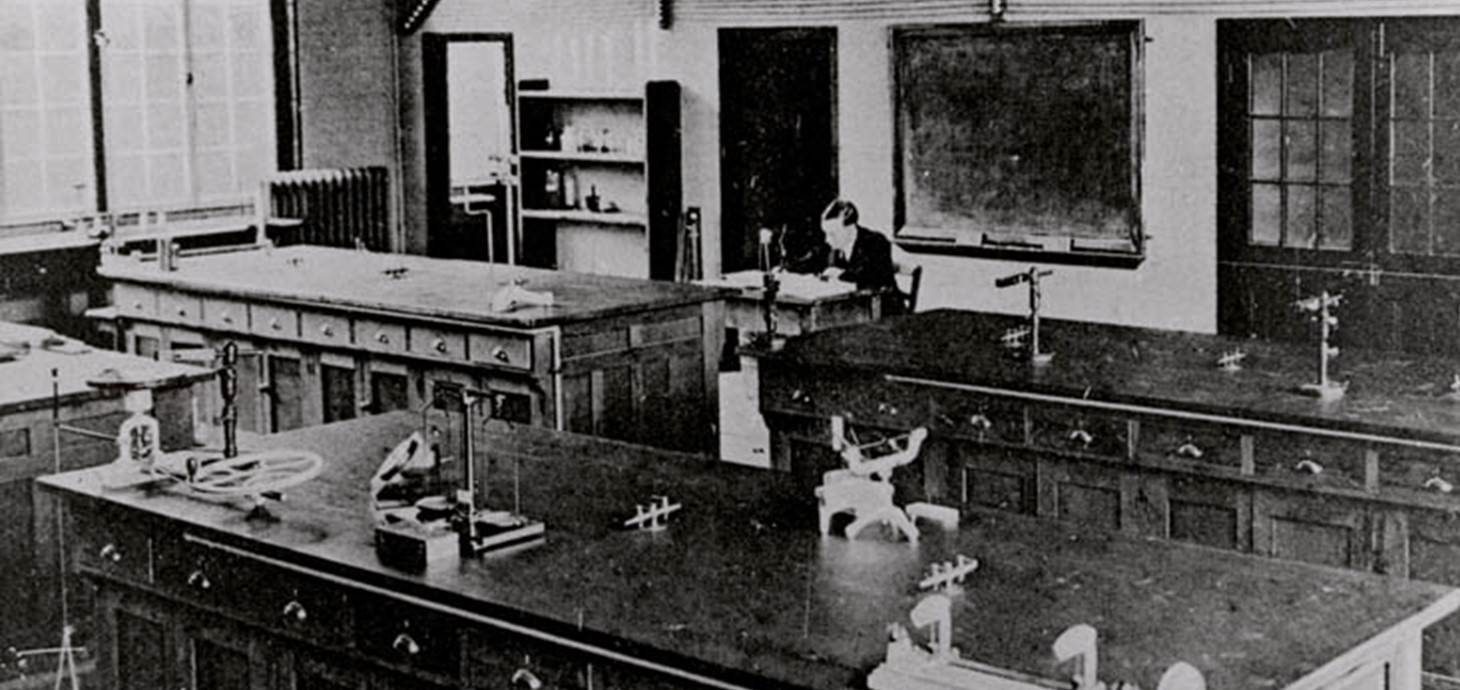These articles are now archived and will no longer be updated.

Plans for the launch of Swansea University’s new pharmacy degree programme are now well under way but it won’t be the first time future pharmacists have been trained in the city.
The University, which is celebrating its centenary this year, is putting the finishing touches to its new MPharm degree which begins in 2021 – 91 years after the last pharmacy students qualified in Swansea.
Pharmacy historian Briony Hudson says the Swansea school of pharmacy was one of a network introduced across Britain - including in Cardiff - following the First World War as a means of providing useful vocational training for the thousands of returning servicemen.
In an article published in the Pharmaceutical Historian she explained that “pharmacists were then seen as a key part of a system that marked the first step towards today’s welfare state in Britain”.
According to an advertisement in The Chemist and Druggist from 1919, the School of Pharmacy at the Municipal Technical College in Mount Pleasant, Swansea, offered a nine-month course working towards the qualifying examination of the Pharmaceutical Society of Great Britain. Fees for the full-time course were £15 15s, around £850 today.
The school opened in October 1919 – exactly 102 years before the University’s own programme – and became known as the West Wales College of Pharmacy
It continued successfully for a decade with enthusiastic support from the local pharmacy community until its head of school was appointed as chief pharmacist to University College Hospital in London.
A bitter dispute over the salary his successor would receive led to the Pharmaceutical Society withdrawing its recognition of the college as an institution offering the qualifying examination after July 31, 1930 and it was forced to close its doors.
Professor Andrew Morris, Head of Pharmacy at Swansea University Medical School, said he was proud be part of the revived programme and looked forward to Swansea continuing the pharmaceutical tradition.
“It is fascinating to read Briony’s research into the role Swansea played in the past. Just as the original pharmacy training was triggered by national demand, we aim to provide a course that recognises 21st century demands and opportunities for pharmacists.”
He said the research showed how pharmaceutical education had been an important part of healthcare and that role now looks like growing even further.
“Significant developments and activity by NHS Wales has increased the number of pharmacists working within general practices and primary care clusters, as well as community pharmacists who provide a greater range of clinically-focused services,” he said.
“The Welsh Government wants the health service to place a greater emphasis on preventing illness, on supporting people to manage their own health and wellbeing, and on enabling people to live independently for as long as they can – our pharmacists will be a crucial part of establishing this new world.”
Head of the Medical School Professor Keith Lloyd added: “The countdown is on for the launch of our MPharm course in October next year.
“It seems highly appropriate as we celebrate our centenary here at the University that we remember our past while planning for exciting opportunities in the future. The introduction of this course demonstrates the Medical School’s commitment to training the next generation of health professionals who can help meet the demands of modern healthcare.”
Read Briony Hudson’s article Demobilised troops and approved schools: The aftermath of the First World War as a catalyst for change in British pharmaceutical education in full.
